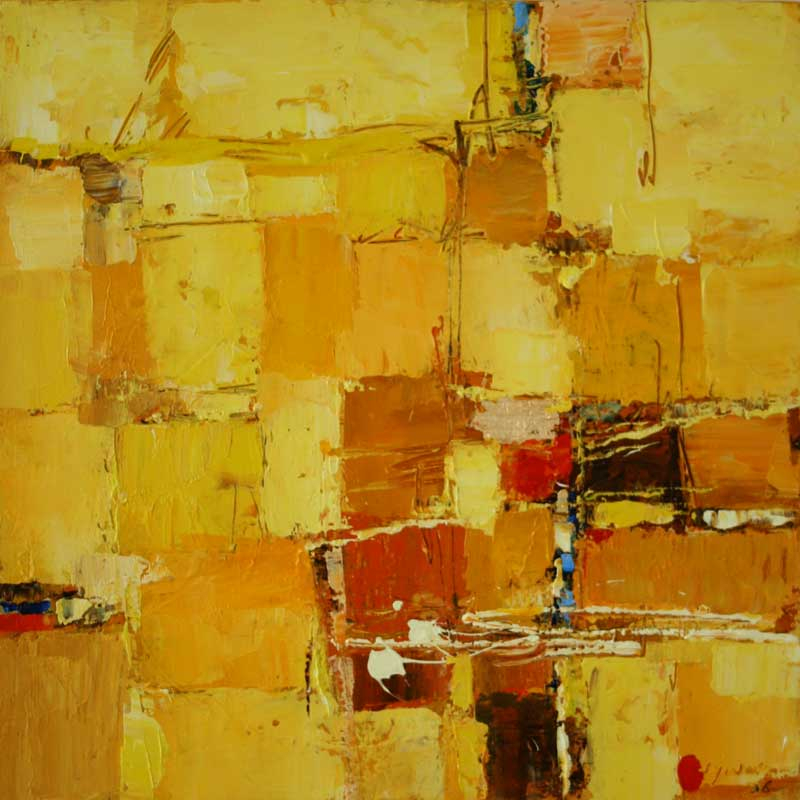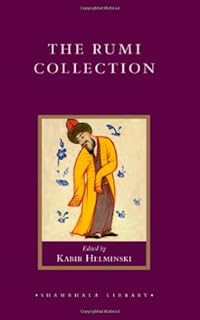
1 Bob Dylan. Nobel Prize in Literature.
2 Ron Padgett. Hired to write three poems for the current film Paterson starring Adam Driver and Golshifteh Farahani.
3 Peter Balakian. Ozone Journal, about the Armenian genocide, won 2016 Pulitzer in Poetry.
4 Sherman Alexie. BAP 2015 ‘yellow-face controversy’ editor’s memoir drops this June.
5 Eileen Myles. Both her Selected Poems & Inferno: A Poet’s Novel making MSM lists.
6 Claudia Rankine. Citizen: important, iconic, don’t ask if it’s good poetry.
7 Anne Carson. The Canadian’s two latest books: Decreation & Autobiography of Red.
8 Paige Lewis. Her poem “The River Reflects Nothing” best poem published in 2016.
9 William Logan. In an age of poet-minnows he’s the shark-critic.
10 Ben Mazer. “In the alps I read the shipping notice/pertaining to the almond and the lotus”
11 Billy Collins. The poet who best elicits a tiny, sheepish grin.
12 John Ashbery. There is music beneath the best of what this New York School survivor does.
13 Joie Bose. Leads the Bolly-Verse Movement out of Kolkata, India.
14 Mary Oliver. Her latest book, Felicity, is remarkably strong.
15 Daipayan Nair. “I am a poet./I kill eyes.”
16 Nikky Finny. Her book making MSM notices is Head Off & Split.
17 Sushmita Gupta. [Hers the featured painting] “Oh lovely beam/of moon, will you, too/deny me/soft light and imagined romance?”
18 A.E. Stallings. Formalism’s current star.
19 W.S. Merwin. Once the house boy of Robert Graves.
20 Mary Angela Douglas. “but God turns down the flaring wick/color by color almost/regretfully.”
21 Sharon Olds. Her Pulitzer winning Stag’s Leap is about her busted marriage.
22 Valerie Macon. Briefly N.Carolina Laureate. Pushed out by the Credentialing Complex.
23 George Bilgere. Imperial is his 2014 book.
24 Stephen Dunn. Norton published his Selected in 2009.
25 Marilyn Chin. Prize winning poet named after Marilyn Monroe, according to her famous poem.
26 Kushal Poddar. “The water/circles the land/and the land/my heaven.”
27 Stephen Burt. Harvard critic’s latest essay “Reading Yeats in the Age of Trump.” What will hold?
28 Joe Green. “Leave us alone. Oh, what can we do?/The wild, wild winds go willie woo woo.”
29 Tony Hoagland. Tangled with Rankine over tennis and lost.
30 Cristina Sánchez López. “I listen to you while the birds erase the earth.”
31 Laura Kasischke. Awkward social situations portrayed by this novelist/poet.
32 CAConrad. His latest work is The Book of Frank.
33 Terrance Hayes. National Book Award in 2010, a MacArthur in 2014
34 Robin Coste Lewis. Political cut-and-paste poetry.
35 Stephen Cole. “And blocked out the accidental grace/That comes with complete surprise.”
36 Martín Espada. Writes about union workers.
37 Merryn Juliette “And my thoughts unmoored/now tumbling/Like sand fleas on the ocean floor”
38 Daniel Borzutzky. The Performance of Being Human won the National Book Award in 2016.
39 Donald Hall. His Selected Poems is out.
40 Diane Seuss. Four-Legged Girl a 2016 Pulitzer finalist.
41 Vijay Seshadri. Graywolf published his 2014 Pulitzer winner.
42 Sawako Nakayasu. Translator of Complete Poems of Chika Sagawa.
43 Ann Kestner. Her blog since 2011 is Poetry Breakfast.
44 Rita Dove. Brushed off Vendler and Perloff attacks against her 20th century anthology.
45 Marjorie Perloff. A fan of Charles Bernstein and Frank O’hara.
46 Paul Muldoon. Moy Sand and Gravel won Pulitzer in 2003.
47 Frank Bidart. Winner of the Bollingen. Three time Pulitzer finalist.
48 Frederick Seidel. Compared “Donald darling” Trump to “cow-eyed Hera” in London Review.
49 Alice Notley. The Gertrude Stein of the St. Mark’s Poetry Project.
50 Jorie Graham. She writes of the earth.
51 Maggie Smith. “Good Bones.” Is the false—“for every bird there is a stone thrown at a bird”— poetry?
52 Adrian Matejka. His book The Big Smoke is about the boxer Jack Johnson.
53 Elizabeh Alexander. African American Studies professor at Yale. Read at Obama’s first inauguration.
54 Derek Walcott. Convinced Elizabeth Alexander she was a poet as her mentor at Boston University.
55 Richard Blanco. Read his poem, “One Today,” at Obama’s second inauguration.
56 Louise Glück. A leading serious poet.
57 Kim Addonizio. Bukowski in a Sundress: Confessions from a Writing Life came out in 2016.
58 Kay Ryan. An Emily Dickinson who gets out, and laughs a little.
59 Lyn Hejinian. An elliptical poet’s elliptical poet.
60 Vanessa Place. Does she still tweet about Gone With The Wind?
61 Susan Howe. Born in Boston. Called Postmodern.
62 Marie Howe. The Kingdom of Ordinary Time is her latest book.
63 Glynn Maxwell. British poetry influencing Americans? Not since the Program Era took over.
64 Robert Pinsky. Uses slant rhyme in his translation of Dante’s terza rima in the Inferno.
65 David Lehman. His Best American Poetry (BAP) since 1988, chugs on.
66 Dan Sociu. Romanian poet of the Miserabilism school.
67 Chumki Sharma. The great Instagram poet.
68 Matthew Zapruder. Has landed at the N.Y. Times with a poetry column.
69 Christopher Ricks. British critic at Boston University. Keeping T.S. Eliot alive.
70 Richard Howard. Pinnacle of eclectic, Francophile, non-controversial, refinement.
71 Dana Gioia. Poet, essayist. Was Chairman of NEA 2003—2009.
72 Alfred Corn. The poet published a novel in 2014 called Miranda’s Book.
73 Jim Haba. Noticed by Bill Moyers. Founding director of the Geraldine R. Dodge Poetry Festival.
74 Hessamedin Sheikhi. Young Iranian poet translated by Shohreh (Sherry) Laici
75 Pablo Larrain. Directed 2016 film Neruda.
76 Helen Vendler. Wallace Stevens champion. Helped Jorie Graham.
77 Kenneth Goldsmith. Fame for poetry is impossible.
78 Cate Marvin. Oracle was published by Norton in 2015.
79 Alan Cordle. Still the most important non-poet in poetry.
80 Ron Silliman. Runs a well-known poetry blog. A Bernie man.
81 Natalie Diaz. Her first poetry collection is When My Brother Was An Aztec.
82 D.A. Powell. Lives in San Francisco. His latest book is Repast.
83 Edward Hirsch. Guest-edited BAP 2016.
84 Dorianne Laux. Will always be remembered for “The Shipfitter’s Wife.”
85 Juan Felipe Herrera. Current Poet Laureate of the United States.
86 Patricia Lockwood. Her poem “Rape Joke” went viral in 2013 thanks to Twitter followers.
87 Kanye West. Because we all know crazy is best.
88 Charles Bernstein. Hates “official verse culture” and PWCs. (Publications with wide circulation.)
89 Don Share. Editor of Poetry.
90 Gail Mazur. Forbidden City is her seventh and latest book.
91 Harold Bloom. Since Emerson, Henry James, and T.S. Eliot are dead, he keeps the flame of Edgar Allan Poe hatred alive.
92 Alan Shapiro. Life Pig is his latest collection.
93 Dan Chiasson. Reviews poetry for The New Yorker.
94 Robert Hass. “You can do your life’s work in half an hour a day.”
95 Maurice Manning. One Man’s Dark is a “gorgeous collection” according to the Washington Post.
96 Brian Brodeur. Runs a terrific blog: How A Poem Happens, of contemporary poets.
97 Donald Trump. Tweets-in-a-shit-storm keeping the self-publishing tradition alive.
98 Ben Lerner. Wrote the essay “The Hatred of Poetry.”
99 Vidyan Ravinthiran. Editor at Prac Crit.
100 Derrick Michael Hudson. There’s no fame in poetry.















